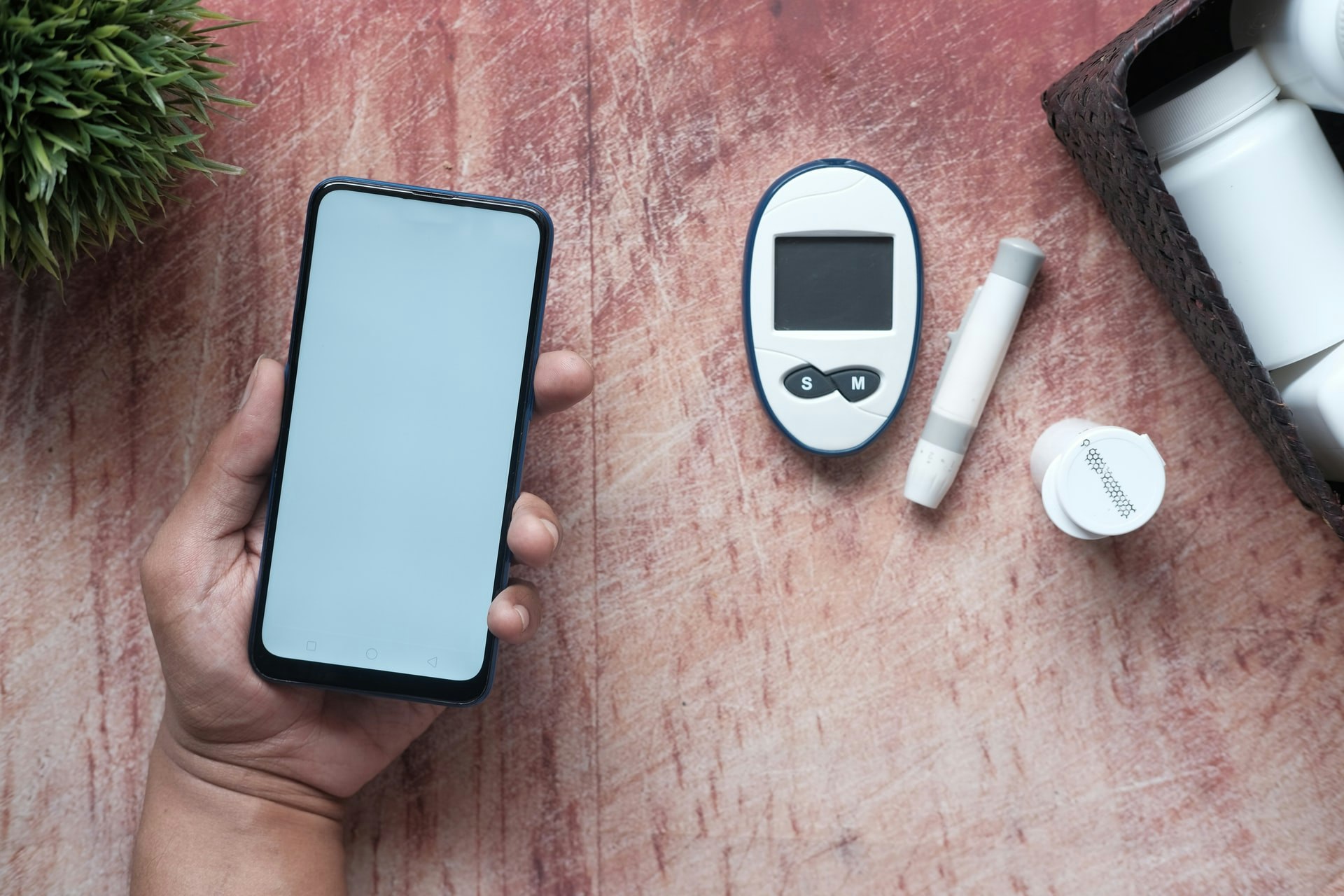Diabetes and Cancer: How Can One Affect The Other?
Nov 16, 2021
Share

November is National Diabetes Month and at OncoPower we want to raise awareness and educate about this very common disease. Diabetes is a condition where your body does not regulate your blood sugar correctly. Over time, this disease is known to lead to heart, kidney, nerve, and eye damage. About 30 million people in America have diabetes and 1 in 3 adults have prediabetes. Since it is so common and can have so many negative effects, many of you may be asking: how does diabetes affect cancer and cancer patients care?
What Cancers Are More Common in Patients with Diabetes?
There is a large and growing body of evidence which links diabetes to increased cancer risk. People with diabetes are twice as likely as their non-diabetic counterparts to develop pancreatic, liver, and endometrial cancers. They are also more likely to develop colorectal, breast, and bladder cancer. Interestingly, men with diabetes are actually less likely to develop prostate cancer.
How Can Diabetes Affect Cancer Outcomes?
Women with diabetes and breast cancer are more likely to die from the disease, and overall patients with diabetes have higher rates of recurrence and 41% high risk of death than cancer patients without diabetes.
Scientists believe that there is a link between the increased insulin and increased blood glucose in cancer patients and the development and progression of cancer. Cancer cells primarily use sugar as their fuel, at a much higher rate than non-cancerous cells; in a person with chronically high blood sugar, this could be a cause for tumor growth. Additionally, diabetes is far more likely to develop in patients with excess body fat, and fat tissue is known to secrete hormones and chemicals which increase inflammation and the risk of many types of cancer.
The treatment for diabetes may also play a part in cancer development, with those who take metformin having a reduced risk of cancer and cancer mortality and those who take insulin having an increased risk of cancer. The exact cause of the higher risk of cancer and cancer-related death in diabetes is difficult to tease out, as many of the mechanisms overlap and happen at the same time.
How Can Cancer Treatment Affect Blood Sugar Control?
Cancer treatment types can vary widely and their effect on blood sugar is also variable. For example, steroid use can cause high blood sugar and some chemotherapy drugs can actually induce insulin resistance. Your cancer care specialist will discuss any risks of your specific treatment with you and address any issues that arise.
How Can I Improve My Blood Sugar Control?
Controlling your blood sugar is important to preventing diabetes from developing, or preventing its progression. Following healthy eating guidelines, like those from the American Cancer Society and the American Diabetes Association, will lead to better blood sugar and weight control, and increased intake of cancer-fighting compounds like antioxidants and phytonutrients. Key recommendations include:
- Move your body with intention for at least 30 minutes a day
- This can be as simple as walking the dog, cleaning the house, and strolling after a meal
- The more vigorous the movement, the better the impact
- Foods to include:
- Whole grains like brown rice and oatmeal, which have slow-to-digest carbohydrates that keep you fuller longer and keep your blood sugar stable
- Fruits and vegetables that are brightly colored, to provide vitamins, minerals, and antioxidants to keep your immune system working properly
- Lean proteins such as fish, chicken, eggs, nuts & seeds, beans, and soy to keep your muscles strong
- Healthful fats like olive, canola, or avocado oil to provide additional energy and keep you satisfied
- Drink plenty of water to stay hydrated and flush out toxins
- Foods to avoid or limit:
- High sugar foods such as soda pop, candies, and cookies since they cause blood sugar spikes and have very little nutrition
- Fatty or fried foods like french fries, steak, cream, and butter as these can lead to high inflammation and are not good for your heart
- Limit alcohol to one drink a day for women and two drinks a day for men
Interested in learning how to control your blood sugar with a cancer diagnosis? Join our community at OncoPower to connect with Registered Dietitians, Oncologists, and other cancer care specialists. You’ll get personalized answers to your most important questions and the cancer support you deserve.
Trusted by cancer patients around the world.
Joan-Smith
Virginia, United States
ChuckHastings
Florida, United States
DebraPearl
Pennsylvania, United States
Jennweeks
Iowa , United States
PatrickDW
Western Cape, South Africa
Jamie-Alexander
Floroda United States
CJ
Liz
Florida, United States
NYCynthia
New York, United States
Ferdi
California, United States